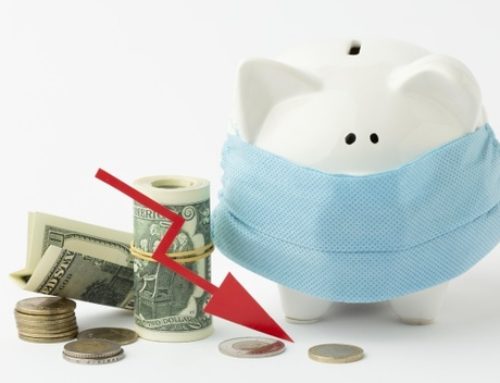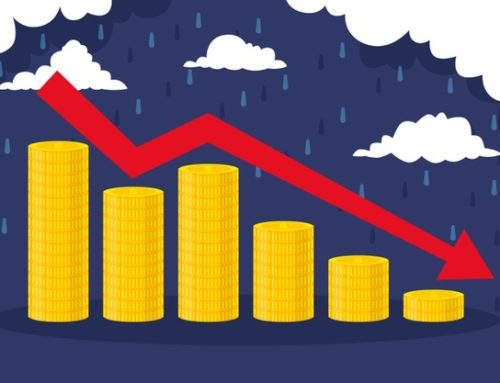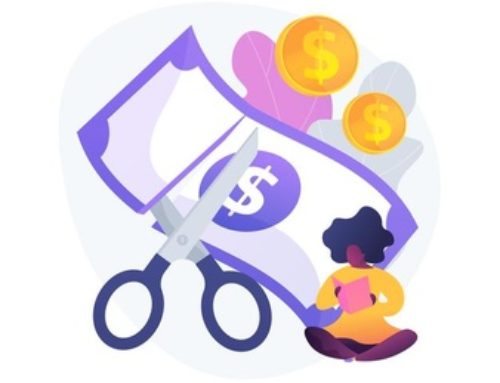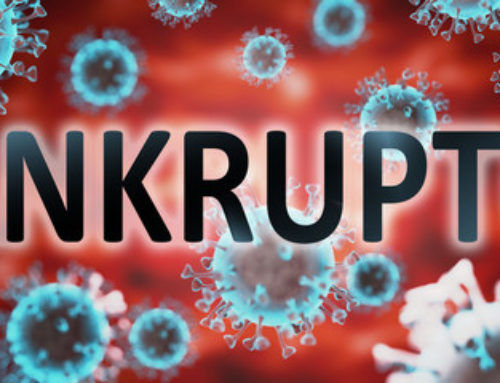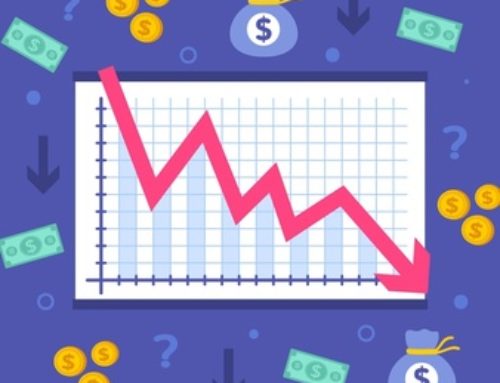It is not simple to make a choice to file for bankruptcy. However, a bankruptcy filing could be the best approach to your debt and financial problems. Filing bankruptcy has several advantages that other debt-relief options do not offer.
There a lot of benefits when you file for bankruptcy but there are also few drawbacks. Our Washington & Oregon bankruptcy attorneys will go over all of the benefits and drawbacks of filing bankruptcy Chapter 7. This will help you weigh the available options for your bankruptcy case.
-
What are the benefits of filing bankruptcy under Chapter 7?
Struggling with debt problems is extremely stressful. By filing Bankruptcy Chapter 7, you can have emotional relief by reducing the anxiety that comes with worrying about how you will pay your debts and living expenses.
Filing Chapter 7 allows debtors to have a fresh start to rebuild their financial future. In a liquidation bankruptcy, the assigned bankruptcy trustee for your case will manage the sales of your nonexempt assets and allocate the funds to the creditors.
Liquidation bankruptcy could wipe-out an unsecured debt. Unsecured debts include medical bills, credit card bills, and personal loans. When you file under this chapter, it would usually take about four to six months (unlike a reorganization case that takes three to five years). Another benefit is that you will not be required to make monthly payments to your trustee in bankruptcy Chapter 7.
 Once your bankruptcy petition has been approved by the bankruptcy court, an automatic stay shall be effective. It prohibits creditors to demand payments from you. An automatic stay will essentially stop wage garnishment and protect you from creditor harassment.
Once your bankruptcy petition has been approved by the bankruptcy court, an automatic stay shall be effective. It prohibits creditors to demand payments from you. An automatic stay will essentially stop wage garnishment and protect you from creditor harassment.
After a debtor files for bankruptcy, he will eventually be able to qualify for credit. The debtor may pay a much higher interest rate but as the credit rating improves, your ability to borrow loans with a lower rate will increase as well.
With filing a bankruptcy case, you would soon start increasing your credit score. Creditors will no longer be able to report missed payments on your credit report and the outstanding balances will be zero.
Seeking legal help with our Washington & Oregon bankruptcy attorneys is important to understand basic bankruptcy laws and to prevent issues during the bankruptcy process.
-
What are the drawbacks of a Chapter 7 bankruptcy declaration?
A bankruptcy proceeding could be a great help for you to pay back your debts. There are a few disadvantages of bankruptcy filing but an experienced bankruptcy lawyer can help you in dealing with these situations.
One of the disadvantages of filing bankruptcy is that debtors may lose their assets. This is specifically in bankruptcy cases under Chapter 7. The bankruptcy trustee will examine your properties to see if there is nonexempt equity in the property (that he or she will sell to repay your creditors).
For you to be qualified to file under this chapter, you must first pass the bankruptcy means test. Your eligibility will depend on your monthly income and living expenses. For assistance on how to file bankruptcy and pass the means test, consult a credible bankruptcy attorney.
When you declare bankruptcy, you will be required to undergo a credit counseling and financial management course. The completion of the courses is needed to file bankruptcy Chapter 7 and receive a bankruptcy discharge. The courses usually take up to 90 to 120 minutes and will teach you valuable financial management skills that will help you restore your credit rating.
Keep in mind that not all types of debt can be discharged when you file bankruptcy. Secured debt, child support, alimony, tax debt, and student loan debt, and criminal restitution are some examples of non-dischargeable debt.
Also, a legal lien like car loans and mortgages would not be eliminated by Chapter 7. You should continue paying the debt if you want to keep the collateral for the loan. However, you may choose to give up the collateral and have the debt discharged if you believe that it is in your best interests.
If you file for bankruptcy, the attorney’s fee and filing fee must be paid. Even if it may cost you a certain amount of money, it is definitely worth the excellent service they will provide.
Another drawback of bankruptcy filings is that they will stay on your credit report for ten years and will temporarily lower your credit score. But in a span of 1-2 years, the majority of debtors see an improvement in their credit score.
There may be advantages and disadvantages of filing bankruptcy depending on the financial condition of an individual. Trusted bankruptcy lawyers will go over the benefits and drawbacks of Chapter 7 as they apply it to your bankruptcy case. This will allow you to decide on how to resolve your financial problems.
For legal help and assistance, contact our Washington & Oregon bankruptcy attorneys at Northwest Debt Relief Law Firm for a free debt solutions consultation.

